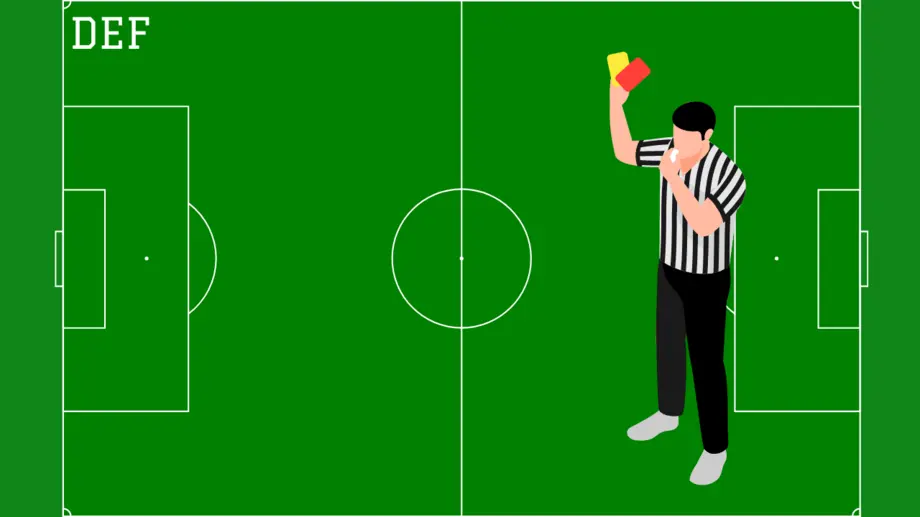The Offside Rule (1863)
Believe it or not, the offside rule was initially created to prevent attackers from simply hanging around the opponent's goal and waiting for a long ball. It aimed to encourage more passing and attacking play. The original rule required three defenders (including the goalkeeper) to be between the attacker and the goal line – a far cry from the more nuanced offside trap of today.The Corner Kick (1863)
The corner kick, a seemingly straightforward rule, was actually a compromise! Early football matches often devolved into arguments over throw-ins near the corner flag, as players couldn't agree on the direction of the throw. The corner kick offered a neutral solution, giving both teams a fair chance to restart play from a specific spot.The Throw-in (1863)
Another solution to early squabbles, the throw-in was created to prevent players from simply kicking the ball back into play from the sidelines. This led to more controlled restarts and a more structured game.The Penalty Kick (1891)
This dramatic rule has a surprisingly gentle origin. Frustrated by the increasing number of fouls committed near the goal to prevent clear scoring opportunities, the Football Association introduced the penalty kick as a way to punish such infringements and ensure a goal was scored.The Back-Pass Rule (1992)
This rule aimed to inject some excitement back into the game! Before 1992, goalkeepers could simply pick up the ball from a back-pass from a teammate, leading to a lot of time-wasting and slowing down the pace of play. The back-pass rule forced goalkeepers to play the ball with their feet, encouraging more attacking play from the back.The Substitution Rule (1958)
Believe it or not, substitutions weren't always a thing! Early football matches featured only the starting eleven players, and injuries meant a team had to play a man down. The introduction of substitutes allowed for more tactical flexibility and player well-being. Interestingly, there was only one substitute allowed until 1970, and a second sub wasn't introduced until 1995!The Six-Second Rule (1960)
This seemingly minor rule has a big impact on the pace of the game. The six-second rule limits the amount of time a goalkeeper can hold onto the ball after receiving it from a teammate. This was introduced to prevent goalkeepers from wasting time and to encourage quicker distribution of the ball.The Shin Guards (Mandatory since 1990)
Thankfully, player safety has always been a growing concern in football. While shin guards were used before, they weren't mandatory until 1990. This decision aimed to minimize serious leg injuries caused by kicks and tackles.The Three Points for a Win (1988)
This change might seem obvious now, but originally, both teams received two points for a win and one point for a draw. The three-point system was introduced to encourage more attacking play and discourage teams from settling for a draw. It certainly seems to have worked, with a noticeable increase in goals scored after the change.These quirky stories showcase how football rules have constantly adapted to address practical concerns, safety issues, and – let's be honest – the ever-present desire to make the game more exciting for fans.
These are just a few examples of the curious reasons behind some of football's most important rules. The beautiful game's evolution is as much about strategy and skill as it is about maintaining fairness and entertainment value for players and fans alike.
Category: Sports fun


